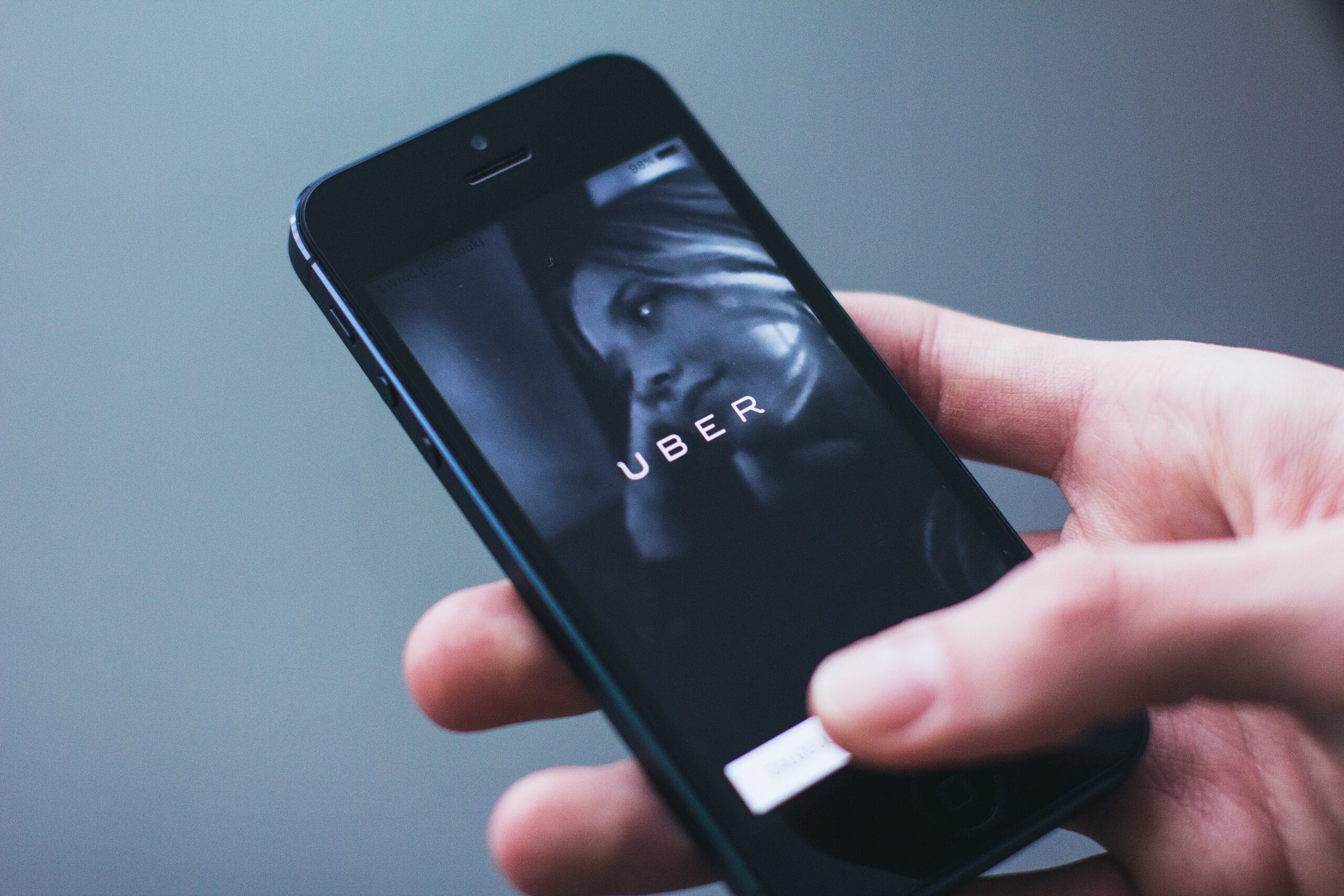 Are you a worker? Or are you self-employed?
Are you a worker? Or are you self-employed?
You might be aware of the case against Uber, who argued that their drivers were self-employed sub-contractors and so were not entitled to various employment rights. The Supreme Court have recently upheld the previous decision that their drivers are, in fact, ‘workers’ all the time the app is switched on so they are available for work.
What that means is that Uber drivers can now:
- Claim minimum wage based on their entire working day, not just when they had a passenger on board
- In an employment tribunal, claim up to two years’ backpay (maybe more), or £25,000 (whichever is the larger)
- In the county court, claim up to six years’ backpay
- Claim 5.6 weeks’ annual leave each year
- Have whistle-blowing and other rights
Note that workers do not have the same rights as employees, so Uber drivers can’t get a redundancy payment or claim unfair dismissal.
What happened?
The case began in 2016, when former Uber drivers James Farrar and Yaseen Aslam took Uber to an employment tribunal, and won. The Employment Appeal Tribunal upheld the ruling in 2017, as did the Court of Appeal in 2018.
There will be no more appeals because the Supreme Court is Britain’s highest court and has the final say.
Uber may now have to pay a large amount of compensation to its drivers, and there could be a big impact on other employers in the gig economy.
What this means to you
Even when the contract you have with your employer suggests you are a self-employed subcontractor, the situation can be over-ruled by the reality of the working relationship. You might therefore find you are actually a worker or even an employee, and so be entitled to the relevant rights.
In this case, the Uber drivers were reclassified as workers because:
- Uber set the fare, so the only way drivers could increase their earnings is to work longer hours
- Uber set the contract terms and drivers had no say in them
- Uber monitors drivers through the star rating system, and has the capacity to terminate the relationship
- Uber can penalise drivers if they reject too many rides
Since 2016, the company has changed the level of control their drivers have.
Are you a private hire driver, courier or delivery driver? If yes, you might find it useful to talk to us about the level of control your employer exercises over you, and what responsibilities they take for your working conditions and wellbeing.
Related reading
You find find our other articles useful:
- What is the gig economy?
- Uber v TfL
- Are you self-employed or an employee?
- Are you REALLY self-employed?
Need help?
For a free initial review of your case, call 0808 168 7288 or complete a Free Online Enquiry.
We have already helped thousands of people to win millions of pounds in compensation.
You have a choice of ways to pay, including ‘no win, no fee’.
